Many fish keepers believe that if the water is not green or brown, fish can reside in it. They might get this misconception from the fact that raw areas of water could sometimes appear polluted, yet fish thrive there. Nevertheless, raw areas of water have their own systems for providing fish the conditions they need while taking out harmful substances. Your faucet water might be nontoxic to consume, but it is not nontoxic for fish to reside in. Faucet water consists of chlorine, iron, and likely small portions of lead and copper. Faucet water could also be too hard or soft for your fish, or contain an unsuitable pH. Luckily there are avenues to make your faucet water appropriate for a fish tank, including other water possibilities.
If you decide to use tap water the initial thing you need is something to remove the chlorine. All fish shops will have bottles of an item that you can put in the water to remove the chlorine, and they commonly last a long time. With the chlorine gone, your water will probably be safe for your fish, although you should also examine the levels of copper, lead, and iron in the water. These items are okay for you to drink in very little doses, but fish are much more easily harmed by them. You should also test the alkalinity and pH of your water to be sure it is okay for the fish you intend on keeping. You can also buy items to increase or decrease your alkalinity and pH determined by your wants.
Your other two selections are to buy pretreated water for your tank, or collect rainwater. Buying pretreated water is the most pricey choice, yet it helps you be sure that the water will be prepped properly. This is a good choice when setting up a saltwater tank. Rainwater is free of chlorine and metals and is especially harmless for fish. While contaminated rainwater has received a lot of press, it is indeed very infrequent and you can tell if the water is contaminated without checking it. Rainwater is, after all, what the wild fish reside in.
Whichever water you apply you will have to maintain it. Fish eliminate waste that includes ammonia. While naturally occurring bacteria in the tank change the ammonia into nitrite, but nitrite is still harmful to fish. Additional bacteria changes nitrite to nitrate, which is considerably less harmful. While this cycle helps an aquarium achieve equilibrium, there are still cases to examine and change your water. The ammonia generation of your fish can surpass the capacity of the bacteria to process this. This is often the case with new tanks that do not yet possess enough bacteria in the tank. The ammonia creation also increases any time you increase the amount of new fish or raise the amount you feed them. Plus, nitrates are still harmful to fish in large doses. You should examine your water and change it regularly to assist in keeping ammonia, nitrites, and nitrates under control.

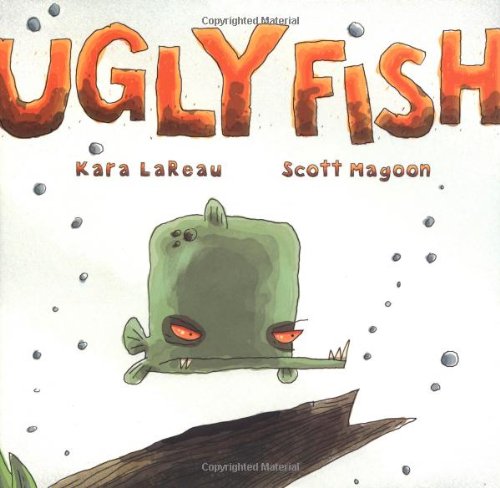 10 Really Ugly Fish
Ugly ... ?Well of course bea
10 Really Ugly Fish
Ugly ... ?Well of course bea
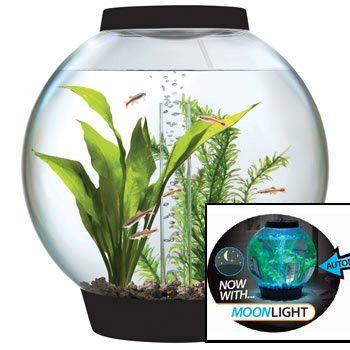 Benefits of the biOrb
biOrb AquariumsThe Best Aqua
Benefits of the biOrb
biOrb AquariumsThe Best Aqua
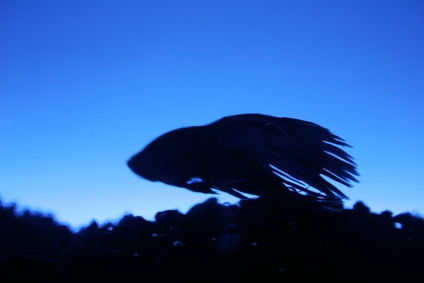 How to Tell a Male Betta From a Female Betta
How to Tell a Male Betta From a Female Betta
How to Tell a Male Betta From a Female Betta
How to Tell a Male Betta From a Female Betta
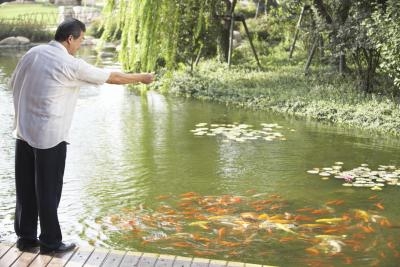 What Are Some Fish for an Outdoor Fish Pond?
What Are Some Fish for an Outdoor Fish Pond?
What Are Some Fish for an Outdoor Fish Pond?
What Are Some Fish for an Outdoor Fish Pond?
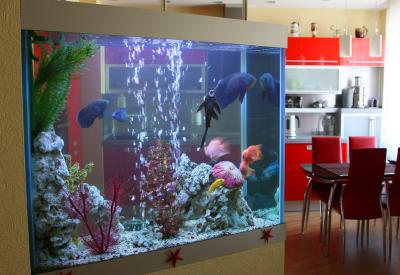 List of Aggressive Tropical Freshwater Fish
List of Aggressive Tropical Freshwater Fish
List of Aggressive Tropical Freshwater Fish
List of Aggressive Tropical Freshwater Fish